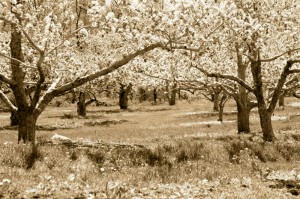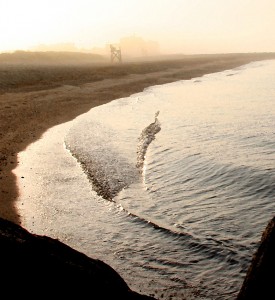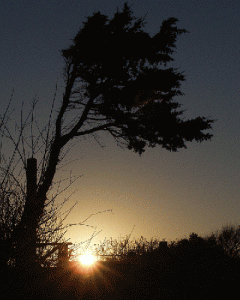By Arthur H. Gunther III
Regrets in older life, especially when there is time on the hands that goes to the head and prompts a critical look-back at how things could have gone better, certainly can include holidays. Such as Thanksgiving.
Just about all my youthful ones were spent at our grandparents — the one set of such that we had — and what I thought at age 18 would continue forever abruptly came to a halt when they moved to Florida, a blessing for them since it was so much more affordable than burgeoning suburbia.
For my brother and I there was limbo. And I guess for my parents, too, since the “family” gathering was now reduced to just four, and though there was well-prepared holiday food, the table seemed pretty much the same as any other day of the week. Eventually, we two siblings gave our parents a break — and a gift — and encouraged them to enjoy Thanksgiving with a trip to the race track for some mild betting and mutual entertainment. My brother was off with friends anyhow, and I was independent, so no big deal. We had had 18 or so Thanksgivings of the Norman Rockwell type, and the family could chew on that for a long time, until we both had future families of our own, and other irreplaceable traditions began anew. Limbo was OK.
I had two unexpected reprieves from that, though, when I was invited to a house not far from where I lived. I went, I thoroughly enjoyed the food, especially mince pie that was homemade and which I had never tasted and haven’t since because I’d rather recall the original flavor. The family made me quite welcome, and the day reminded me of my many Thanksgivings with my grandparents.
What was missing was my own gratefulness and lack of social grace. I brought nothing to these two occasions — no flowers, no candy, no dessert. Didn’t even think of doing that. I also did not say “thank you” to the family.
Excuses are that I was age 20 the first time, but I was 24 the next visit. I had little money the first Thanksgiving, and just a bit more the second, but something could have been arranged. And a “thank you” costs nothing but is worth its weight in gold.
Regrets. Way past my 20s now, and those I should have thanked are long gone, one way or another.
The writer is a retired newspaperman who can be reached at ahgunther@yahoo.com This essay may be reproduced.





